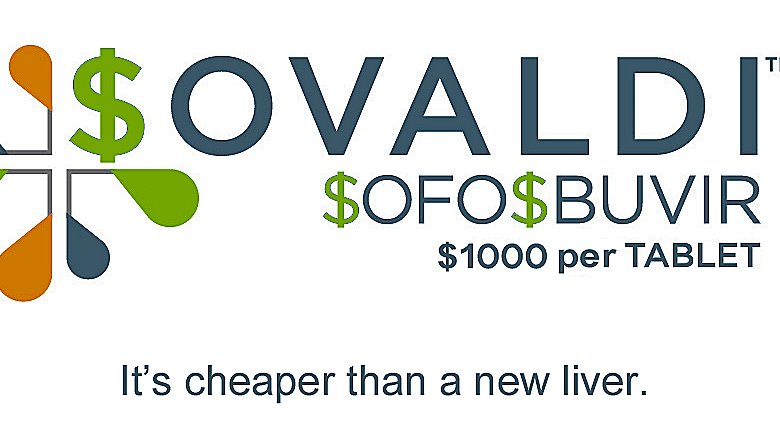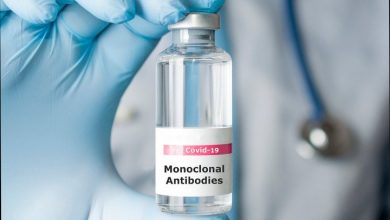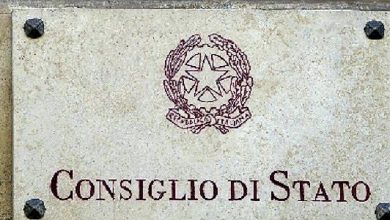
His 2014 fee grew by "just" $3.5 million, to nearly $19 million. But according to analysts the figure is 'conservative', for others to higher sums
 Of course no one would say that the CEO of Gilead Sciences, John Martin, has financial problems. Over several years, he racked up an annual fee of approximately $15 million. And its stock earnings since 2009 have run into the hundreds of millions.
Of course no one would say that the CEO of Gilead Sciences, John Martin, has financial problems. Over several years, he racked up an annual fee of approximately $15 million. And its stock earnings since 2009 have run into the hundreds of millions.
But for a record-breaking year, which saw his company appear in the ranks of the pharmaceutical 'global top 10' for the first time, Martin got a relatively small raise: his compensation in 2014 grew by 'only' 3.5 million dollars, to almost 19 million. With an increase of 23%. But for the CEO of a major biotech with skyrocketing sales thanks to the new anti-hepatitis C drug sofosbuvir, analysts call this figure 'conservative'.
Wanting to do the 'accounts' at the top of similar companies, one can look at Regeneron for example: when it obtained the  successful with his eye disease drug aflibercept, CEO Len Schliefer earned total pay of $30 million.
successful with his eye disease drug aflibercept, CEO Len Schliefer earned total pay of $30 million.
United Therapeutics has acknowledged its CEO Martine Rothblatt a net award of $36 million in 2013, simply appears to bring the figure on par with that received by its peers at similar firms.
Other CEOs were also paid on the basis of their results. But experts warn: Gilead's choice is certainly not criticisable, but the decision to give an overall contained increase simply reflects how different companies can make decisions, based on different factors.





